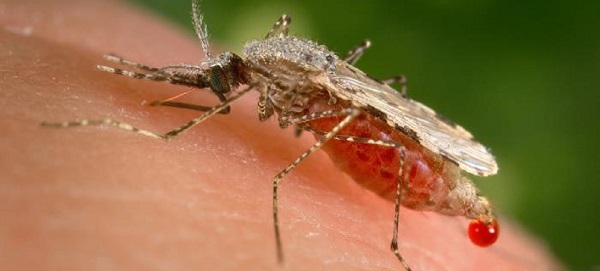
In a recent announcement, the World Health Organisation (WHO) has highlighted a significant resurgence of dengue fever cases globally in 2023, marking a distressing public health challenge. The organization revealed that from 2000 to 2019, reported cases worldwide surged tenfold from 500,000 to 5.2 million. The year 2019 witnessed an unprecedented peak, with instances documented across 129 countries.
Despite a temporary decline in cases from 2020 to 2022, attributed to the COVID-19 pandemic and reduced reporting rates, 2023 has witnessed a resurgence characterised by a substantial increase in the number, scale and simultaneous occurrence of multiple outbreaks. This resurgence has notably expanded into regions previously unaffected by dengue.
A statement from the WHO emphasised that dengue transmission follows a cyclic pattern, with large outbreaks expected every 3-4 years. The COVID-19 pandemic had varying impacts on dengue transmission, resulting in moderate transmission in some regions and low transmission in others. This led to an accumulation of individuals without immunity to specific dengue virus serotypes. However, limited data is available on the circulating dengue serotypes.
Since the beginning of 2023, ongoing transmission and an unexpected spike in dengue cases, have reached a near-historic high. Over five million cases and more than 5,000 dengue-related deaths have been reported in over 80 countries/territories across five WHO regions globally – Africa, Americas, Southeast Asia, Western Pacific and Eastern Mediterranean regions. The region of the Americas has reported approximately 80 per cent of these cases, indicating a significant impact in this region.
WHO director-general, Dr. Tedros Adhanom Ghebreyesus expressed concern that these reported numbers likely underestimate the true burden of dengue as most primary infections are asymptomatic and dengue reporting is not mandatory in many countries.
The surge in dengue cases is attributed to various factors, including the changing distribution of vectors (primarily Aedes aegypti and Aedes albopictus), especially in countries previously naïve to dengue. Other contributing factors include the effects of El Niño phenomena in 2023, climate change leading to rising temperatures and increased rainfall and humidity, and fragile health systems amid the ongoing COVID-19 pandemic. Political and financial instabilities in countries facing complex humanitarian crises and high population movements further challenge the response to the epidemic and the risk of its spread to other nations.
The WHO has conducted a risk assessment, indicating a high global risk due to the increasing transmission risk and the surge in cases and deaths. Urgent and comprehensive measures are needed to address the ongoing dengue epidemic and mitigate its impact on vulnerable populations.


